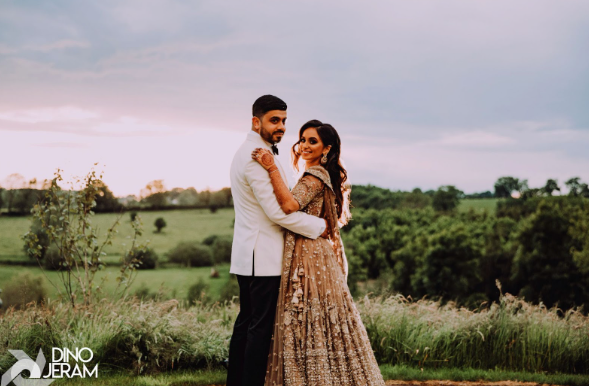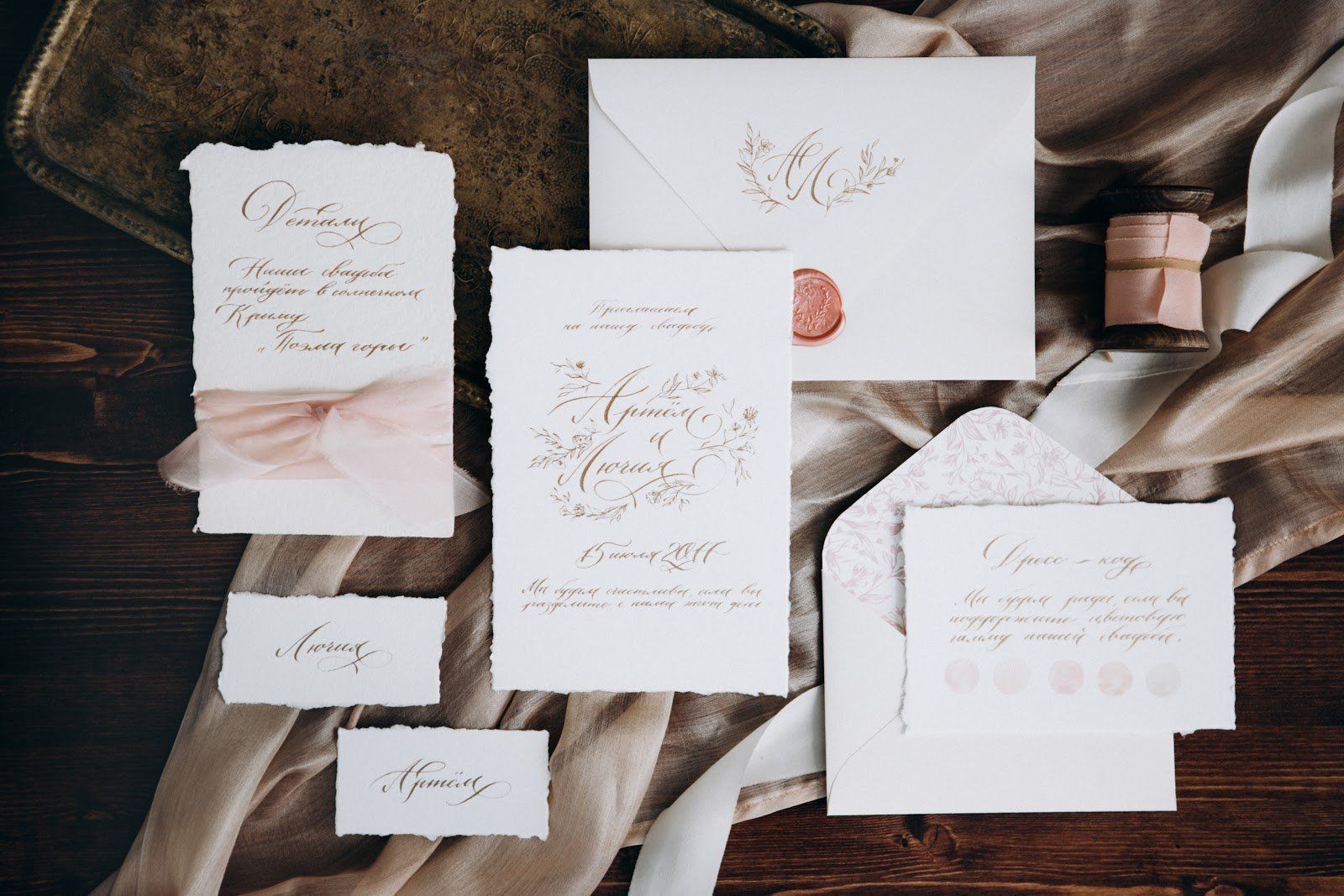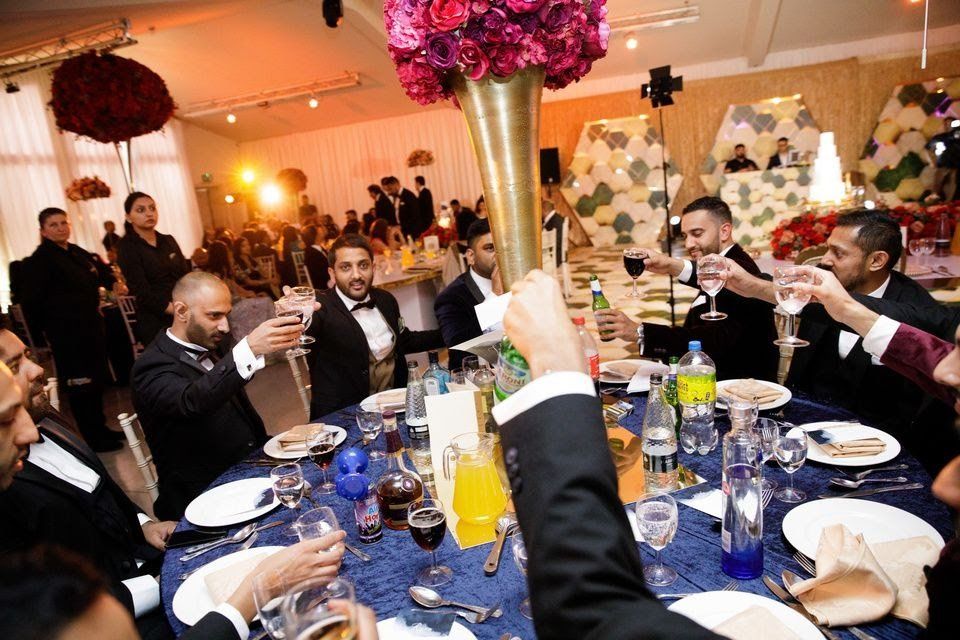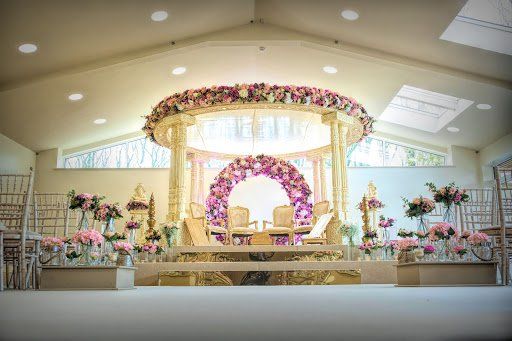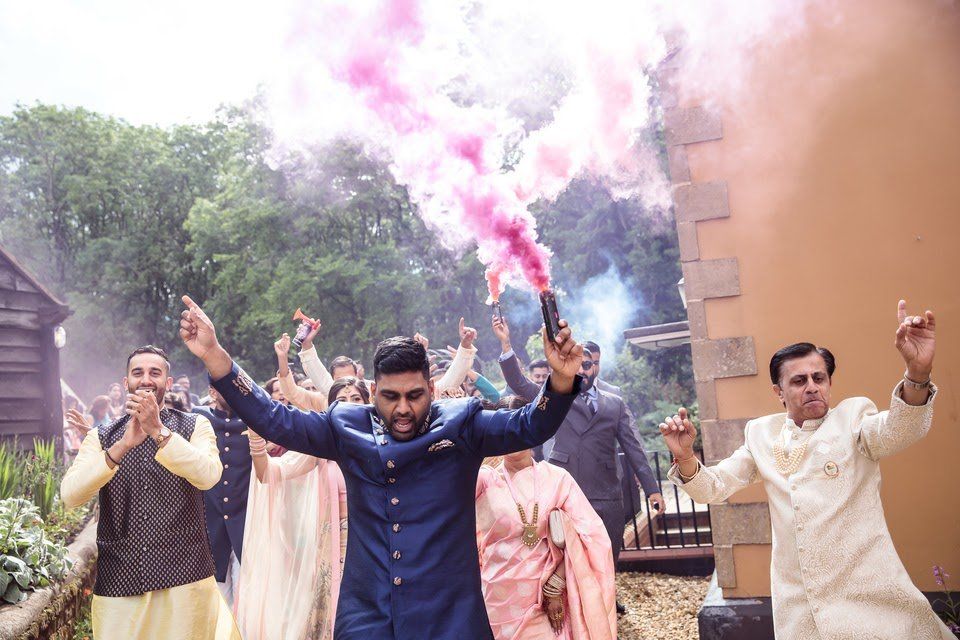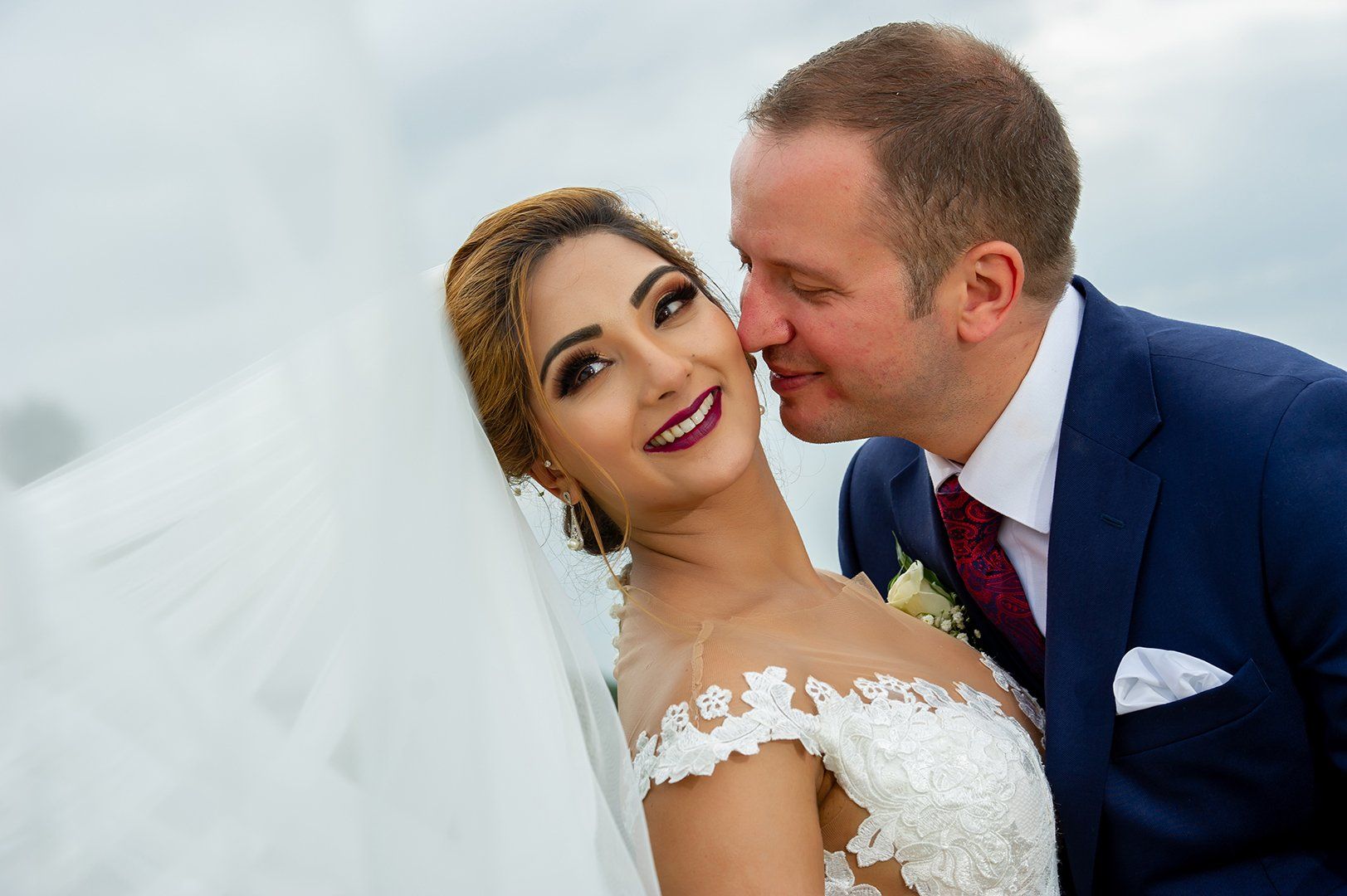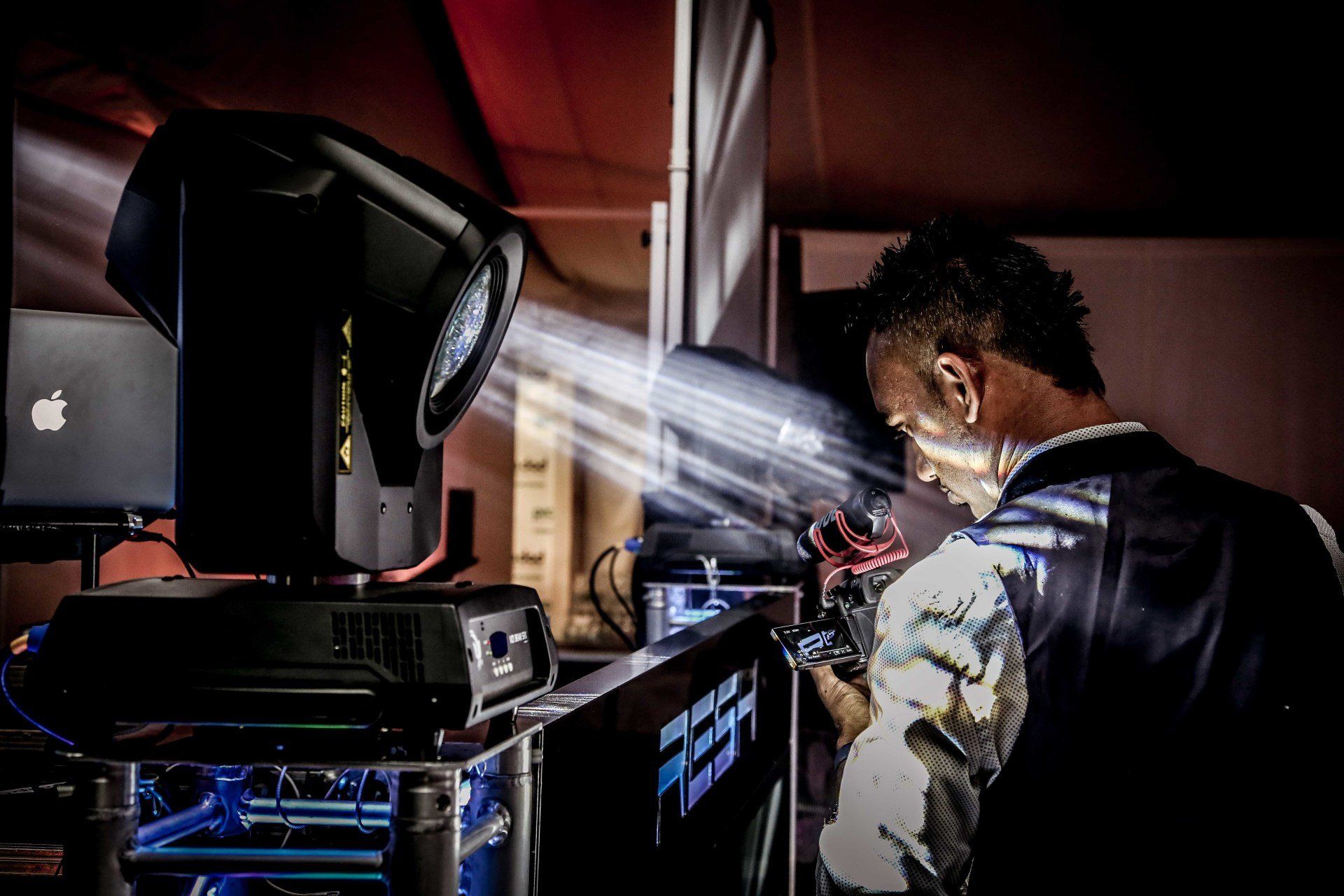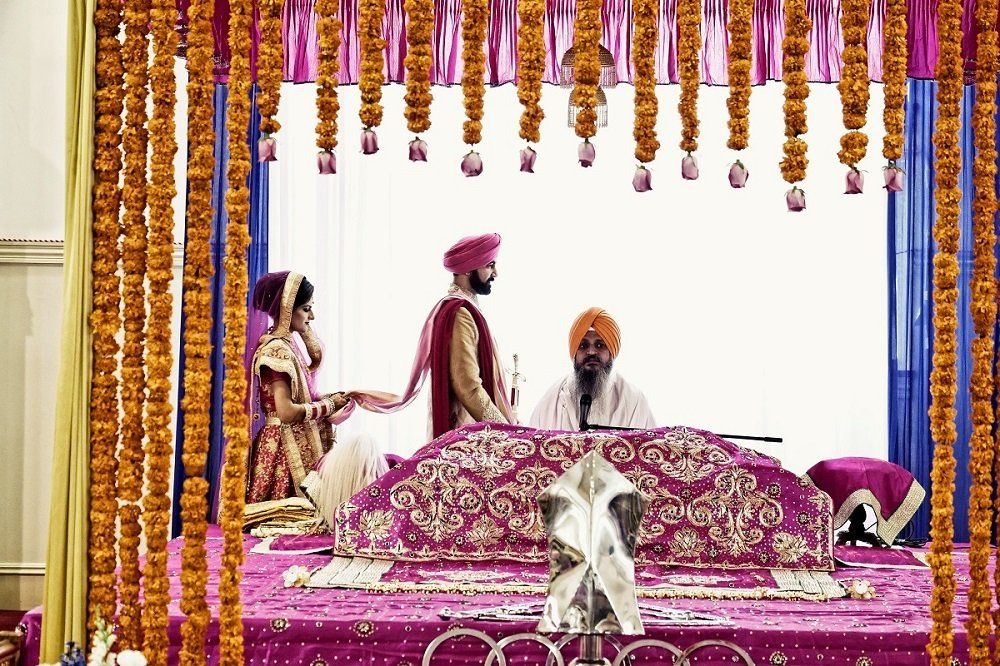Indian Wedding Guide: What Happens at a Hindu Wedding?
- by Ladywood Estate
- •
- 08 Jan, 2020
- •
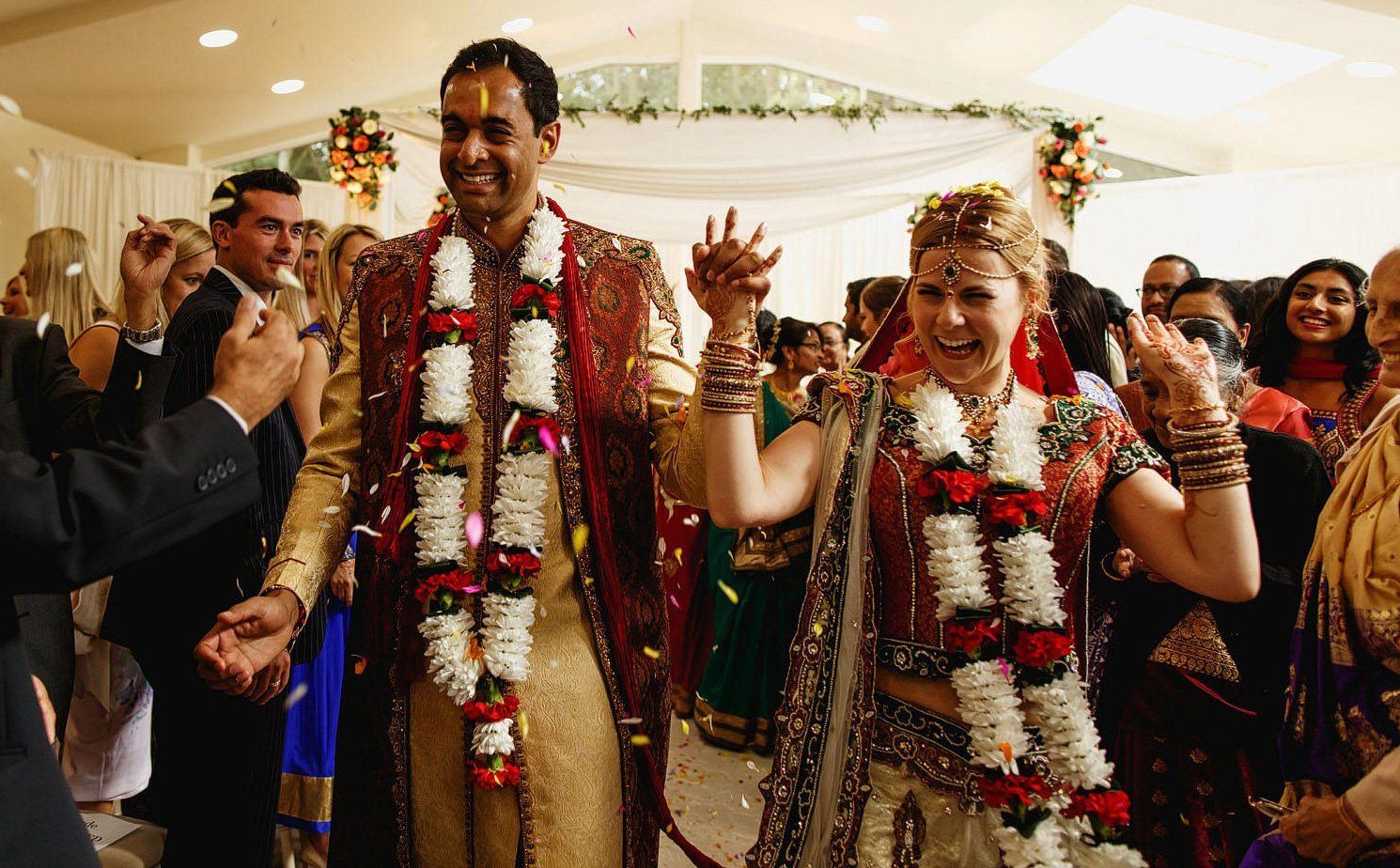
This guide looks at exactly what to expect in the coming days, weeks, months and even years worth of events and rituals that go into the big day. It may seem daunting at first but each step of the process is filled with a lot of joy as well as effort.
What is the Significance of a Hindu Wedding?
Marriages, according to Hindu beliefs, are made in heaven and once you are married, the bond is supposed to last for seven lifetimes. It is considered to be a turning point in an individual’s life as he enters the second important phase or ashram of his life – the ‘Garhasthyaashram’.
A lot of importance is associated with marriages in Hinduism as it is considered to be one of the most important duties of a man’s life. Through marriage, he is paying his debt to his forefathers, by procreating children and ensuring the continuation of his family’s lineage.
Hindu weddings are a long process with various rituals that may take days to be executed. Every single custom and practice in a wedding ceremony has deep philosophical and spiritual significance. Throughout the world, Hindus adhere to these set of rituals and continue on the traditions of marriage that are unique amongst those in the world.
How Far in Advance are Hindu Weddings Planned?
A Hindu wedding venue will often be booked over a year in advance, so to avoid disappointment, at least six months of pre-planning is required and this will help you deal with logistics, music, catering, transport, decorations and so much more.
Who is Invited?
All the family and extended relatives are invited as well as close friends to the bridal party. Many of the rituals and ceremonies are big parties and celebrations so it makes a lot of sense for there to be a lot of guests. With the couple about to start their new adventure together, what better way to celebrate their new married life than a party?
What to Wear to a Hindu Wedding?
For the men, suits are acceptable if that is what you are comfortable in. If you wish to wear something more traditional, there are a number of mens outfits that you can wear. The main two are Kurta Pajamas and Sherwanis. Bright colours are encouraged but choosing one you are most comfortable in is the main thing.
What Will the Food Be Like?
There will be both food during the day and at the evening reception and there are some slight changes in the food options depending on the time. One example of this is that the naans are not served during the day but they will be available during the evening meal. Instead, puris or bathuras are served during the day.
There will be no meat allowed during the day if there has been a religious ceremony but at the evening reception there will likely be both vegetarian and non-vegetarian options. This again can vary depending on the wedding and families but there are less restrictions. The food during the day may consist of two vegetarian curries, rice and dhal, puris or bathura’s, something savoury like samosas with chutney, popadums, pickles and something sweet like Shrikhand Gulba Jamun.
Indian weddings are definitely a time to show off, so what better way to show off than having the most rich and lavish dishes, and lots of them. This is what will happen at the evening reception, like any wedding there will be a wide array of exciting canapés or starters to enjoy. Alongside this there is the evening meal, expect lots of paneer, creamy curries, tandoori meat, and buttery naans. Often there is a dessert table, which typically includes cake, kulfi (Indian ice cream) and decorated sweets made from nuts. There can be sometimes up to four stations of chefs preparing food for guests.
How Long Does a Hindu Wedding Last?
- 1st Day – The Ganesh Puja otherwise known as the Mandap Muhurat & Pithi. This is often followed by a Mendhi night/Sangeet night.
- 2nd Day – Grah Shanti which is also called a Sathak/Mandvo or Mameru ceremony
- 3rd Day – Wedding celebration and usually an evening reception
On the first day, a priest will often perform the Ganesh Puja, a ceremony that usually happens at home with only the couple, the bridal party and close relatives in attendance. In all marriages, Ganesh Puja signals the start of the rest of the wedding rituals. The family will offer a prayer to Lord Ganesh, requesting peace and harmony to prevail during the ceremony. Lord Ganesh’s blessings are sought for an auspicious beginning for the couple.
Other things that occur on the first or second day is the mehndi ceremony. For this, the bride and her female friends and family members will have intricate henna patterns drawn on their hands and feet. That evening, the sangeet takes place. Every wedding guest is usually invited and it can involve the introduction of the couple's families, mingling, a meal and dances or other performances.
On the third day, the main wedding ceremony, cocktail hour and reception take place. You may be invited to the last day of the events or to any part of the three-day celebration.
The Hindu Wedding Rituals and Ceremonies
- The Baraat / The Jaan
- Pokwanu - Welcoming of The Groom
- Ganesh Puja
- Vaarpooja
- Kanya Aagman - The Arrival of the Bride
- Granthibandan and Varmala
- Kanyadan
- Havan
- Mangal Fera
- Saptapadi - The Seven Steps
- Sindur & Mangal Sutra
- Akhand Saubhagyavati – Blessings From Married Women
- Aashirwad
- Vidaai
- End of the Ceremony
What Will the Reception be Like?
The reception is where the couple's families will throw a lavish reception party to finally let loose. Part of the celebration includes speeches and loved ones singing, dancing and performing routines for the couple. Following this, a huge sit-down dinner and a dance party will take place. Bring your most fashionable, though comfortable, dancing shoes - you'll need them!
Have the Wedding of Your Dreams
Here at Ladywood Estate, we can make sure you have the perfect setting for a traditional Hindu Wedding. Ladywood Estate embraces all faiths and traditions. The Orangery offers a magical setting for your ceremony and The Pavilion for dining and dancing the night away.
We offer one, two or three days of celebrations – the choice is yours. Get in touch today!
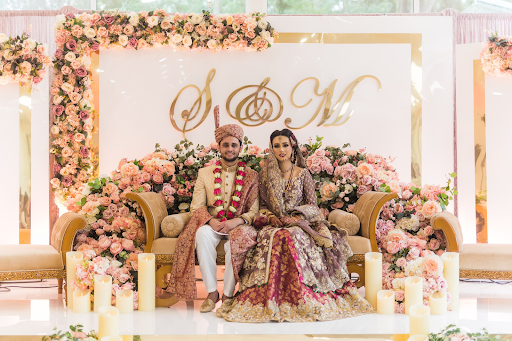
Muslim weddings, known as nikah, are joyous celebrations that blend religious significance with cultural traditions. While the core principles remain consistent across the Islamic world, the specific customs and rituals can vary widely depending on cultural background, geographical location, and family traditions. This comprehensive guide aims to provide an in-depth look at Muslim weddings, covering everything from religious requirements to cultural practices, planning tips, and modern trends.
Whether you're a bride or groom preparing for your own wedding, a family member involved in the planning process, or simply curious about Muslim wedding traditions, this guide will offer valuable insights into the beautiful and diverse world of Islamic marriages.
Pre-Wedding Rituals
Muslim weddings often involve several pre-wedding rituals, which can vary significantly based on cultural traditions. Here's an expanded look at some common pre-wedding events:
Proposal (Khitbah)
Traditionally, the marriage proposal process begins with the groom's family visiting the bride's family to propose marriage formally. In contemporary times, this may occur after the couple has already expressed mutual interest in marrying each other, reflecting evolving social norms.
Etiquette plays an important role in this process. It is customary for the groom's family to bring gifts for the bride's family. These gifts, which may include sweets or flowers, serve as a gesture of goodwill and respect, helping to establish a positive relationship between the two families.
During this visit, families engage in discussions about compatibility, plans, and any potential concerns that may arise regarding the union. These conversations are crucial for ensuring that both families are on the same page and that the couple is well-prepared for their future together.
In some cases, families may perform or request Istikhara, the Islamic prayer of guidance, before deciding. This practice reflects the importance of seeking divine guidance in the decision-making process, reinforcing the significance of faith in the journey toward marriage.
Engagement (Mangni/Nisbah)
Once both families reach an agreement, an engagement ceremony is often held. While this event is not religiously mandated, it is a widely practised cultural tradition that signifies the commitment between the couple and their families.
A pivotal moment during the engagement ceremony involves the exchange of rings. This practice is common in many cultures and symbolises the couple's intention to marry; however, it is important to note that ring exchange is not an Islamic requirement.
The event typically begins with a recitation from the Quran, setting a spiritual tone for the gathering. This recitation blesses the occasion and emphasises the importance of faith in the couple's journey ahead.
As the ceremony unfolds, elders from both families bless the couple. Their words of wisdom and encouragement provide a strong foundation for the couple as they embark on this new chapter in their lives.
The engagement period can vary significantly, lasting anywhere from a few weeks to several months or even years. This flexible timeline allows the couple and their families to prepare for the upcoming wedding and solidify their commitment to one another.
Henna Night (Mehndi)

